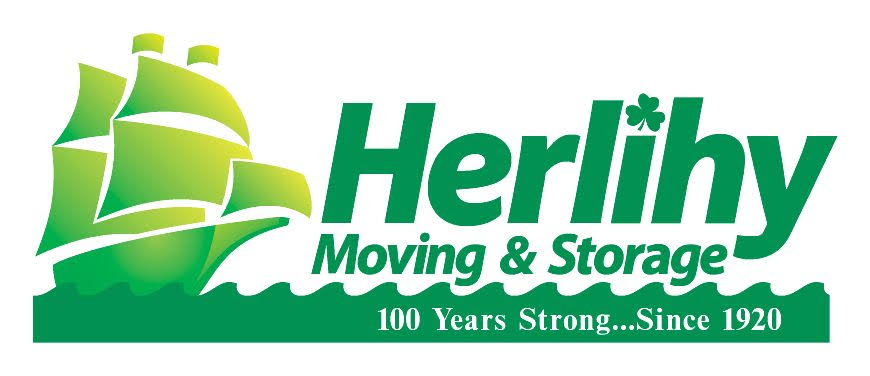17 May
Moving day is approaching, and it’s almost time to pack up the moving truck and hit the road. But wait: Before you pack everything into boxes, take a minute to check the “Restricted Items” list.
Your moving company will provide you with a list of their company’s specific non-allowable items that they cannot safely or legally move. That’s why it’s essential to check the list before you pack.
Often, restricted items are found in your garage or with your cleaning supplies, but some everyday household items also fall into this category. While some things on the list may seem obvious — like flammable liquids, explosives, or loaded guns — others may surprise you.
Read on to learn more about the non-allowable things that movers can’t move.
Hazardous Substances
Let’s start with the most apparent restricted items: Hazardous materials. In most cases, these items are flammable, explosive, or even corrosive. A partial list of such things includes:
- Acids
- Aerosols
- Ammonia
- Ammunition
- Bleach
- Cleaning solvents
- Darkroom chemicals
- Fireworks
- Gasoline
- Kerosene
- Loaded guns
- Motor oil
- Paint thinner
- Pool chemicals
- Propane tanks
- Sterno
The hazardous material list also contains a few items that may not be entirely intuitive, such as fertilizers, nail polish remover, household, and car batteries, fire extinguishers, SCUBA tanks, and charcoal. While these materials may seem innocuous, they are flammable or explosive under certain circumstances, making them unsafe to move in a moving van.
The U.S. Environmental Protection Agency offers suggestions on how to dispose of hazardous household materials safely.
Perishable Items
If you’re moving more than 150 miles away, most moving companies cannot transport perishable items. Items may spoil and can attract pests.
To avoid waste, give perishable items to family, friends, or neighbors before you move. Non-movable perishable items may include:
- Non-preserved foods
- Frozen or refrigerated foods
- Indoor and outdoor plants
- Open food packages
- Produce
Pro Tip: If you’re moving your refrigerator or freezer, empty it, turn it off, and let it sit with the doors open for at least 24 hours before moving day. This will help prevent mold growth.
Items with Personal or Sentimental Value
You may be surprised that some sentimental and personal items also make the “Non-Allowable” list. Why? Because while such things aren’t hazardous, many have high emotional value. Others simply can’t be easily replaced — or replaced at all — if damaged or lost.
Instead of loading these essential items onto a moving truck, keep them with you during the move. Personal and sentimental “don’t-moves” may include:
- Address books
- Cash, checkbooks, and financial documents
- Collections, such as stamps or coins
- Computers and other sensitive electronics
- Documents such as birth certificates and insurance policies
- Furs
- Jewelry
- Keys
- Medical, dental, and educational records
- Passports
- Personal documents
- Photographs
- Prescription medications
- Stocks, bonds, or certificates of deposit
- Vehicle titles
When getting ready for your move, keep these items in mind and plan accordingly. Develop a plan to give away, dispose of, or securely transport the things on the restricted list yourself.
Planning a Move
If you are prepping for a move, we can help. Contact us today, and we can help coordinate and execute your move. We can help with packing to storage. With professional movers, you will get to your new home with ease.



